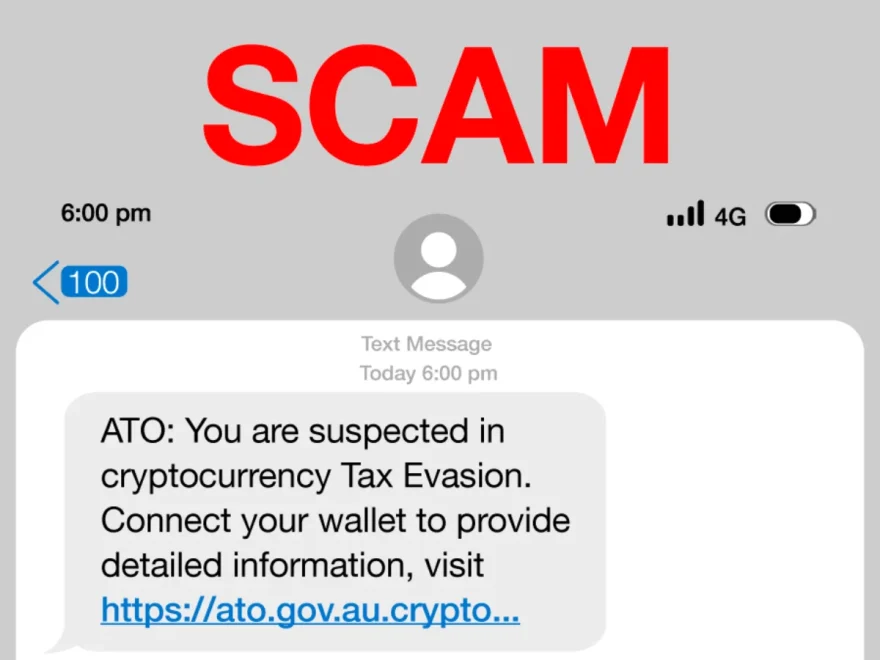In an era dominated by digital communication, text messages have become an integral part of our daily lives. We use them for personal conversations, business communication, and more. However, with the increasing prevalence of scams and phishing attempts, the question arises: Can you get scammed by merely opening a text message? In this article, we’ll delve into the world of text message scams, how they work, and what precautions you can take to protect yourself.
Understanding Text Message Scams
Before we address the central question, let’s gain a better understanding of text message scams.
What Are Text Message Scams?
Text message scams, often referred to as “smishing” (a portmanteau of “SMS” and “phishing”), are fraudulent messages sent via text with the intention of deceiving or manipulating the recipient. These scams come in various forms, including phishing attempts, financial fraud, identity theft, and more.
Can You Get Scammed by Opening a Text Message?
The short answer is no; merely opening a text message is unlikely to lead to a scam. However, there are caveats and important details to consider.
1. Passive vs. Active Scams
- Passive Scams: Passive scams involve receiving a text message that may contain a fraudulent link or request for personal information. Opening the message itself is generally safe. The real danger lies in clicking on links or responding to the message.
- Active Scams: In some rare cases, a text message may carry malware or exploit vulnerabilities in your smartphone’s operating system. However, these types of attacks are less common and usually require specific actions beyond simply opening the message.
2. Recognizing Scam Messages
While opening a text message may not directly lead to a scam, it’s crucial to recognize potential scam messages:
- Urgent or Threatening Language: Scam messages often use urgent or threatening language to create a sense of panic. They may claim that your account is suspended, you’ve won a prize, or you owe money.
- Unsolicited Requests: Be wary of unsolicited messages that ask for personal information, such as Social Security numbers, passwords, or financial details. Legitimate organizations typically do not request this information via text.
- Suspicious Links: Avoid clicking on links in text messages, especially if the sender is unknown or the message seems suspicious. Hover over the link without clicking to view the actual URL.
3. Protecting Yourself
To protect yourself from text message scams, follow these precautions:
- Verify Sender Identity: Confirm the sender’s identity if you receive a message from an organization or business. Contact them directly through official channels to verify the message’s authenticity.
- Install Security Software: Use reputable security software on your smartphone to protect against malware and phishing attempts.
- Don’t Share Personal Information: Never share sensitive information in response to a text message, and avoid clicking on links from unknown sources.
- Report Suspected Scams: If you receive a suspicious message, report it to your mobile carrier, the Federal Trade Commission (FTC), or a relevant consumer protection agency.
Conclusion
While opening a text message itself is generally safe, it’s essential to be vigilant and cautious when dealing with unsolicited or suspicious messages. Text message scams are real, and scammers continuously adapt their tactics. By recognizing the signs of scams and taking preventive measures, you can protect yourself from falling victim to text message fraud.
Remember, if something seems too good to be true or raises suspicions, it’s better to err on the side of caution and avoid taking any actions that could compromise your security.
FAQs
1. Can I get scammed by opening a text message from an unknown sender?
Opening a text message from an unknown sender is generally safe. However, exercise caution and avoid clicking on links or sharing personal information if the message seems suspicious.
2. What should I do if I receive a text message that I suspect is a scam?
If you receive a text message that you suspect is a scam, do not respond to it, click on any links, or share personal information. Delete the message and report it to your mobile carrier or relevant authorities.
3. Are there specific signs to look for in identifying text message scams?
Yes, common signs of text message scams include urgent or threatening language, unsolicited requests for personal information, and suspicious links. Legitimate organizations typically do not request sensitive information via text.
4. Can opening a text message lead to malware infections?
While it’s rare, some text messages may carry malware or exploit vulnerabilities in smartphone operating systems. Keeping your phone’s software up-to-date and using reputable security software can help protect against such threats.
5. How can I report suspected text message scams?
You can report suspected text message scams to your mobile carrier, the Federal Trade Commission (FTC), or a relevant consumer protection agency. They can investigate and take appropriate actions against scammers.
Read More: https://mykohlscharge-pay.com/
More Related:
Do You Have to Pay for Cinemark Movie Club?
Does Temu Actually Give You Money on PayPal?
RegalGiftCards.com Reviews: Are They Worth Your Investment?
Can You Use Regal Gift Cards Online?
How to Identify a Fake Text Message: Protecting Yourself from Scams

